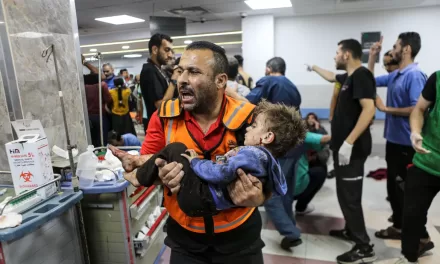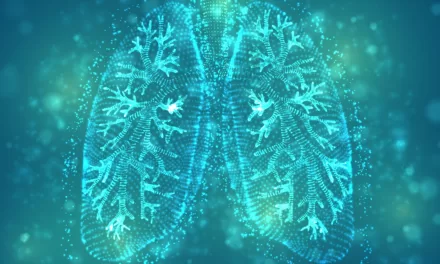New Delhi – The Indian government, through various ministries and departments, is implementing a wide array of programs aimed at empowering marginalized and backward communities using science and technology (S&T) interventions. Union Minister of State Dr. Jitendra Singh provided details of these initiatives in a recent Lok Sabha address.
The programs focus on skill development, capacity building, and providing access to S&T solutions to improve the socio-economic status of youth, women, Scheduled Castes (SC), Scheduled Tribes (ST), Economically Weaker Sections (EWS), Divyangjan, and other marginalized groups.
Key Initiatives:
- Department of Science and Technology (DST):
- Established approximately 52 Science Technology and Innovation (STI) Hubs for SC/ST communities.
- Supported around 500 S&T projects over the last two decades through the Scheduled Castes Sub Plan (SCSP) and Tribal Sub Plan (TSP).
- Awarded approximately 21,087 ST students through the Inspire Awards-MANAK program.
- Trained nearly 10,000 tribal researchers and students through STUTI, FIST, and SATHI programs.
- Trained approximately 46,974 beneficiaries under the skill development program of Inter Cyber Physical Systems.
- Established 48 NIDHI iTBI centers and trained approximately 23498 beneficiaries through Innovation and Entrepreneurship (I&E) based training programs.
- Department of Biotechnology (DBT):
- Focuses on creating income and employment opportunities through biotechnological innovations.
- Since 2018-19, 75 colleges from rural areas, 13 colleges from Aspirational Districts and 58 girl’s colleges in rural and marginalized areas benefitted from the STAR College Program.
- Department of Scientific and Industrial Research (DSIR)/Council of Scientific and Industrial Research (CSIR):
- CSIR Aroma Mission has brought over 43,600 hectares of land under aromatic crop cultivation.
- CSIR Floriculture Mission has helped to bring about 6603 acres of land under cultivation, benefiting approximately 18,692 floriculture farmers.
- CSIR has provided 8,277 Bee Boxes to farmers.
- CSIR Seaweed mission has trained approximately 5000 fishermen.
- CSIR has provided EWS reservation for the CSIR-UGC National Eligibility Test (NET) since June 2019.
- Ministry of Agriculture & Farmer’s Welfare (MoAFW):
- ICAR has trained 60,802 students through the Rural Entrepreneurship Awareness Development Yojna (RAWE) in the last three years.
- Ministry of Micro, Small and Medium Enterprises (M/o MSME):
- Conducts Entrepreneurship and Skill Development Programs (ESDP) targeting various marginalized groups.
- Ministry of Social Justice and Empowerment (MoSJE):
- Launched the Ambedkar Social Innovation and Incubation Mission (ASIIM) and implements the SHREYAS scheme.
- Ministry of Education (MoE):
- Supports Entrepreneurship Development Cells and Incubation Centers.
- Ministry of Housing and Urban Affairs (MoHUA):
- Implements the Deendayal Antyodaya Yojana – National Urban Livelihoods Mission (DAY-NULM).
- Ministry of Labour & Employment (MoLE):
- Provides vocational guidance and career counseling through 25 National Career Service Centres (NCSC) for SC/STs.
- Ministry of Culture (MoC):
- National Council of Science Museums (NCSM) conducts programs in urban and rural areas.
- Ministry of Food Processing Industries (MoFPI):
- NIFTEMs offers skill development training and entrepreneurship initiatives.
These programs aim to create a skilled workforce and promote inclusive development across the nation, ensuring that marginalized communities have access to opportunities and resources.
Disclaimer: The statistics and information provided in this article are based on the data released by the Indian government and presented in the Lok Sabha. The numbers presented are as provided by the official government statement.












